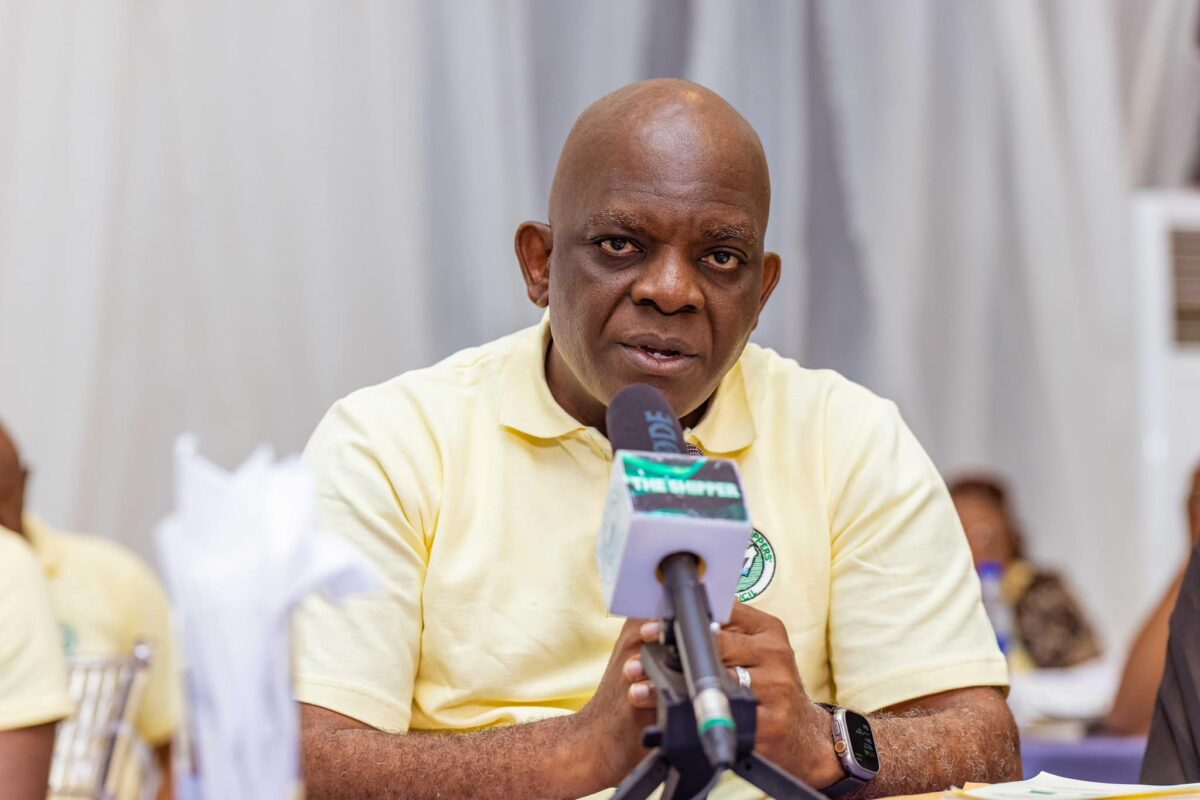
The Nigerian Shippers’ Council (NSC) has clarified that the Port Standing Task Team (PSTT) remains operational at the seaports, but its reduced visibility is due to the absence of law enforcement agencies in its activities.
Recall that last week, Shipping Position Daily had reported exclusively that after several months of inactivity, the PSTT is set to resume operations.
However, speaking to our correspondent in an exclusive chat, the NSC Director of Regulatory Services, Mrs. Margaret Ogbonnah, stated that while the team continues to function through monitoring and enforcement efforts, ongoing updates to the Nigerian Port Process Manual (NPPM) and evolving operational strategies have contributed to its reduced public presence.
While clarifying the current state of the task team amidst speculations about its inactivity, Ogbonnah stated that the Standard Operating Procedures (SOPs) within the NPPM are undergoing updates, after which all SOPs will be harmonized and printed as an updated NPPM. Meanwhile, she stressed that NSC continues to oversee PSTT operations through its Monitoring and Enforcement activities.
On the issue of visibility, she explained that, while the PSTT remains active, its operations no longer involve law enforcement agencies. This adjustment has contributed to a perception that the team is less-present than before.
Addressing rumors of possible dissolution, Ogbonnah emphasized that there was never a plan to dissolve the PSTT. Instead, efforts are being made to rejuvenate its activities in alignment with the NSC’s Monitoring and Enforcement functions.
The NSC Director said a significant development in this regard is the recent passage of the Nigerian Ports Economic Regulatory Agency Bill (NIPERA) by the National Assembly, which now awaits Presidential assent. She noted that the bill is expected to strengthen the enforcement powers of both the NSC and the PSTT, enhancing their ability to implement the NPPM effectively.
According to her, this move is seen as a critical step towards improving transparency and reducing corruption at Nigerian ports, as highlighted by the Transparency International Corruption Perception Index.
Ogbonnah reiterated that strategic collaboration among regulatory agencies remains key to ensuring efficiency in port operations. With the anticipated legal backing from the NIPERA Bill, the Director said the PSTT is poised to play a more impactful role in enhancing port transparency and regulatory compliance.
In her words: “The PSTT is still functional at the ports. The SOPs in the NPPM are currently being updated and upon its conclusion, all SOPs will be harmonized and printed as an updated NPPM. However, PSTT operations are still being carried out by the Monitoring and Enforcement activities of the Council. They are visible, albeit, without the presence of the law enforcement agencies.
“There was never a plan to dissolve, rather there were plans to rejuvenate the PSTT along with the Monitoring and Enforcement functions of the Council. Recall that the National Assembly recently passed the Nigerian Ports Economic Regulatory Agency Bill (NIPERA), and it is awaiting Presidential assent.
“It is expected that it will boost the enforcement powers of the NSC and the PSTT, as well as provide the necessary reach for ensuring full implementation of the NPPM in view of the Transparency International Corruption Perception Index of the Nigerian ports. There is no need, because the collaboration of the agencies is strategic” she concluded.















